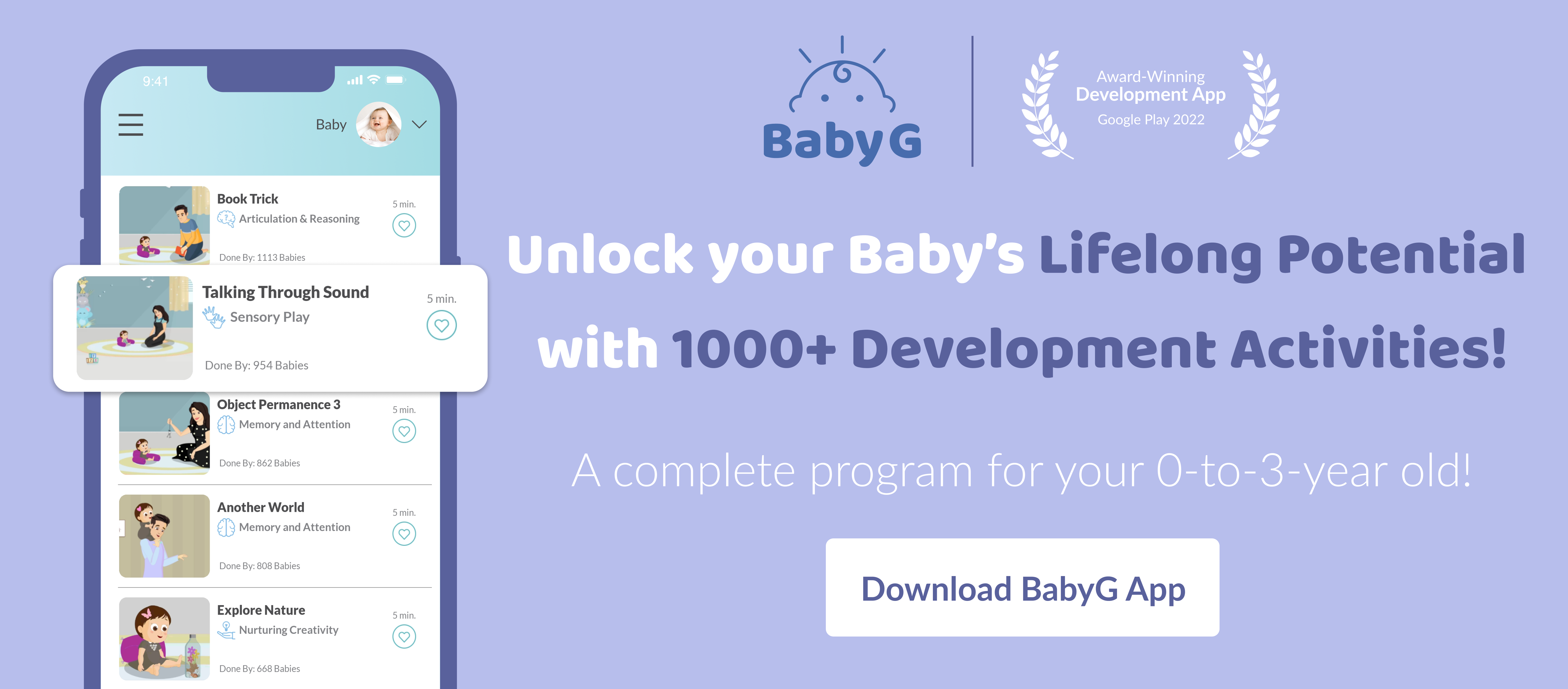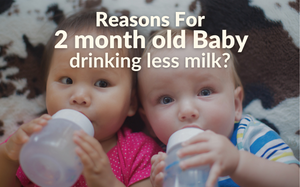
As a parent to a newborn, wondering if your one month old is getting enough milk is natural. Breastfeeding, although an innate connection between a mother and a child, takes practice and technique to get right. A little trial and error is human. Any complications that may arise should be discussed with your pediatrician or lactation consultant.
Signs That Your Baby is Not Getting Enough Breastmilk at 1 Month
In case you suspect that your one month old isn’t feeding as much as they are supposed to, here are a few indicators to consider:- Your breasts may feel pretty full or hard even after a session.
- There is considerable discomfort or pain during sucking due to poor latching
- Initial breastfeeding sessions are either quite short, lasting less than 5 to 10 minutes or take a long time, exceeding 50 minutes.
- Your baby may cry all the time, lack energy and feel sluggish when held
- The number of dirty diapers is drastically reduced compared to the average of 8–10 in a day.
- They sleep for longer hours, even through the night, without waking up for feeds and missing feeds.
- Your child appears to be losing weight, and or hasn't gained enough. They should be gaining at least 5-7 ounces per week, as per the AAP (American Academy of Pediatrics).
Reasons Why Your 1-month-old Baby is Not Getting Enough Breastmilk
Now that we’ve looked at the indicators that signal that your child may not be getting enough milk, let's explore a few reasons behind the case. Here are a few to start with:- Breast engorgement: This is when your breasts are swollen with unexpressed milk. It is painful and uncomfortable for the mother and the child to feed through. It may occur if your baby is not feeding optimally, and in this case, you might have to express using a pump.
- Incorrect Latch and Positioning: Learning how to properly position your baby for them to latch onto your breast is essential to ensuring a smooth breastfeeding experience and your baby getting enough breastmilk. Research goes on to even say that most breastfeeding problems can be avoided entirely when these are both practiced well during a feeding session.
- Tongue tie: Tongue tie occurs when the tissue that connects the tongue to the base of the mouth is too thick or short, which in turn restricts movement. This may lead to latching issues arising during breastfeeding.
- Irregular Feedings: Your one month old needs to be fed every two or four hours. Missing feeds and short or inadequate feeding times can take a toll on your child’s weight. They must be woken up in the night and scheduled feeding sessions to ensure they are getting enough to maintain their optimal nutrition.
- Illness: If you are unwell, stressed, have developed other complications, or are on medications, this may affect your milk production, which in turn means less food for your baby to feed on.
There could be several problems that hinder a smooth breastfeeding experience. Learning about them will help you stay on top of your breastfeeding journey.
How to Help Your Baby Get Enough Breastmilk at 1 Month
One of the first things you should do is ensure that your baby is getting enough. The speed at which a baby feeds is different for every child. Some may be quick, while others may take their sweet time. A good rule of thumb is to keep a check on whether your young one is swallowing as she feeds.Having them switch to another breast only when the first one is drained during a session is also a way to ensure that they are getting enough. Simply offer the other breast during the next breastfeeding session. Parents need to be mindful of their little ones feeding schedules and not miss any. Implementing cluster feeding may be helpful as well. Nighttime feeding is just as important as daytime feeding and needs to be religiously followed for babies to maintain a healthy weight. Another thing to keep in mind is to only introduce the binky or pacifier once breastfeeding is well established. Which could be very well after the third week or so.
Keeping track of your young one’s feeds is an integral part of raising a newborn. I hope this article gave you a perspective on what could be the reasons your child may not be getting enough breast milk at 1 month. Consulting with your child’s pediatrician in any case of concern is always recommended. Feeding trackers are a handy tool to keep some extra worries off your chest, too. Trust your instincts; happy parenting!












LEAVE A COMMENT